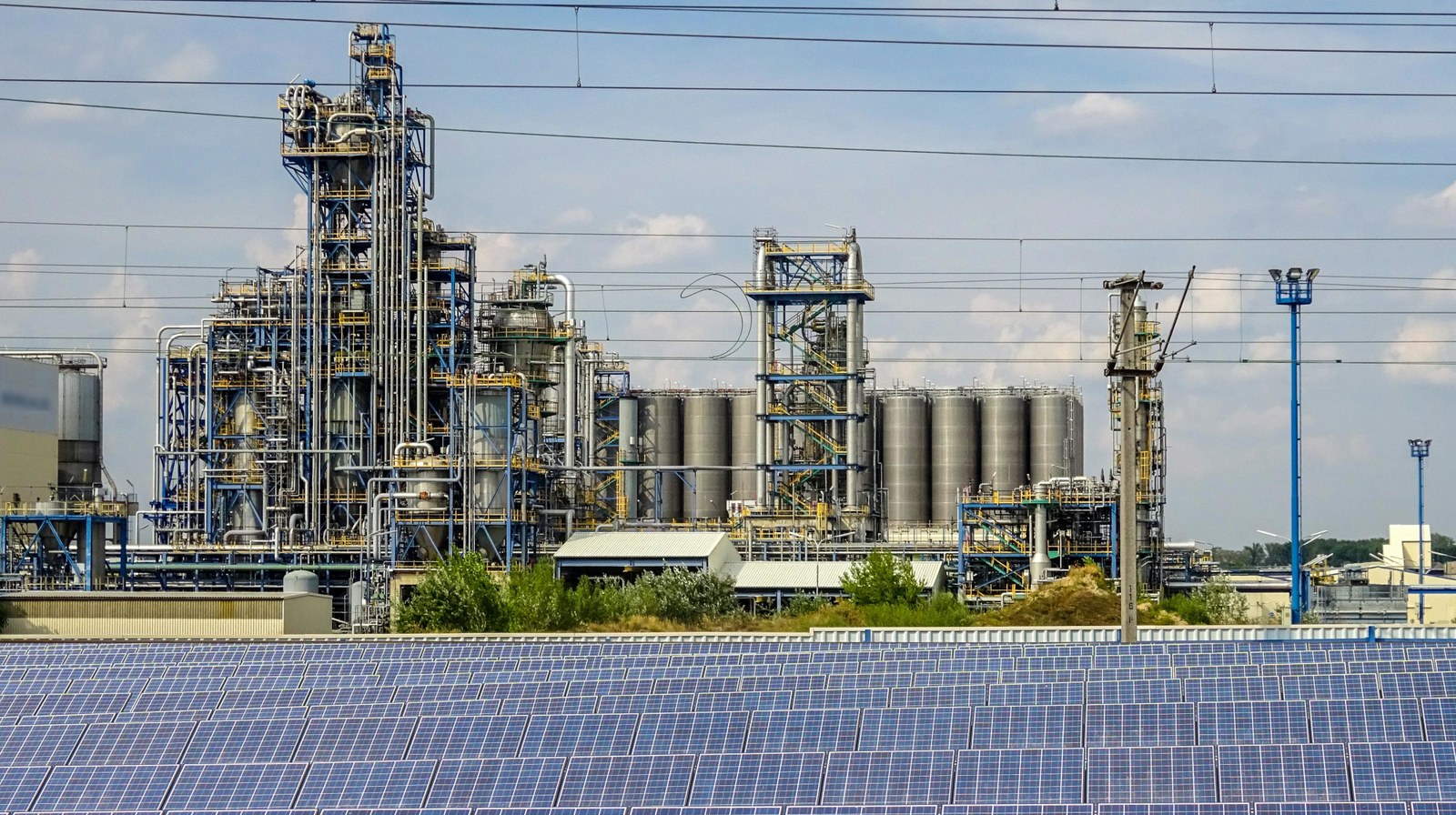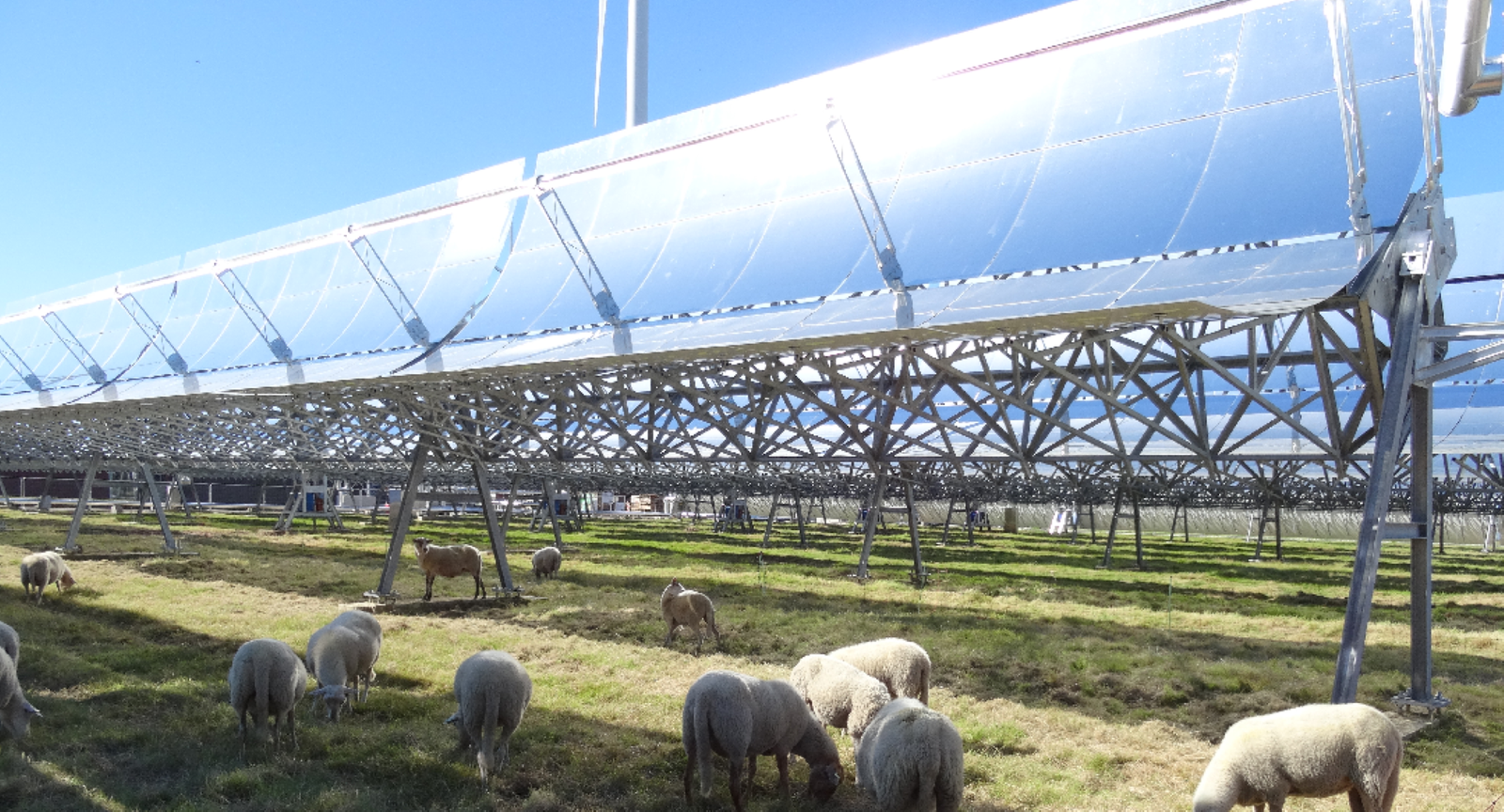Sustainable Systems Process Engineering department


The Sustainable Systems Process Engineering department is addressing the transformation of the chemical industry to successfully transition from fossil fuels to renewable energy and material flows. The aim is to identify new sustainable technologies for the industry and to develop both scientific knowledge and practical solutions. To drive the transformation of the chemical industry, our research focuses on several key areas, including system design, process piloting, process intelligence and metrology.
Focal points: system design, process engineering, process intelligence and metrology
Our department works intensively on system design, using complex numerical simulation tools to model the transformation of energy systems, and assessing the resilience of designs using dynamic mappings of energy and material flows.
In process engineering, for example, we are working on the intelligent coupling of energy and material storage systems in batch processes to unlock unexploited efficiency potential.
The development of digital twins is at the heart of our research into process intelligence. They enable detailed mapping of chemical reaction and energy flows, creating opportunities for modelling, simulation, optimisation, artificial intelligence (AI) and automation.
Our metrology research focuses on the automated measurement and characterisation of existing infrastructures such as heat and power grids, energy converters and storage systems. It will also characterise usable rooftops and open spaces to provide a comprehensive view of available resources.
The research facility can draw on a multidisciplinary network of specialists at DLR with expertise in the design of heat storage systems and high-temperature heat pumps. External partners benefit from the latest technological developments and research results, for example through the use of aerial drones for automated inspection using imaging techniques. In this way, we actively contribute to the sustainable transformation of the chemical industry in Germany.
Core competencies of the department
- Simulation of complex, dynamic systems and their components using Softwaretools like FEM (Finite Element Method), CFD (Computational Fluid Dynamics) and DEM (Discrete Element Method) for thermo-mechanical analysis, flow and heat transfer simulations
- Application of advanced measurement techniques and data science methods to assess energy efficiency and diagnose energy vulnerabilities in buildings and neighbourhoods
- Extensive experience in the design, construction, long-term operation and optimisation of complex, large-scale systems with fluctuating energy supplies.
Departmental structure
The department draws on the expertise of three working groups:
System modelling
The staff work on technical system simulation and optimisation of renewable electricity and heat generation plants.
Infrastructure measurement
The team is working on the automated recording and characterisation of existing infrastructure such as pipeline networks, plants, open spaces and buildings in chemical parks.
Process engineering
Experts develop, build and operate large-scale plants for piloting chemical production processes.
